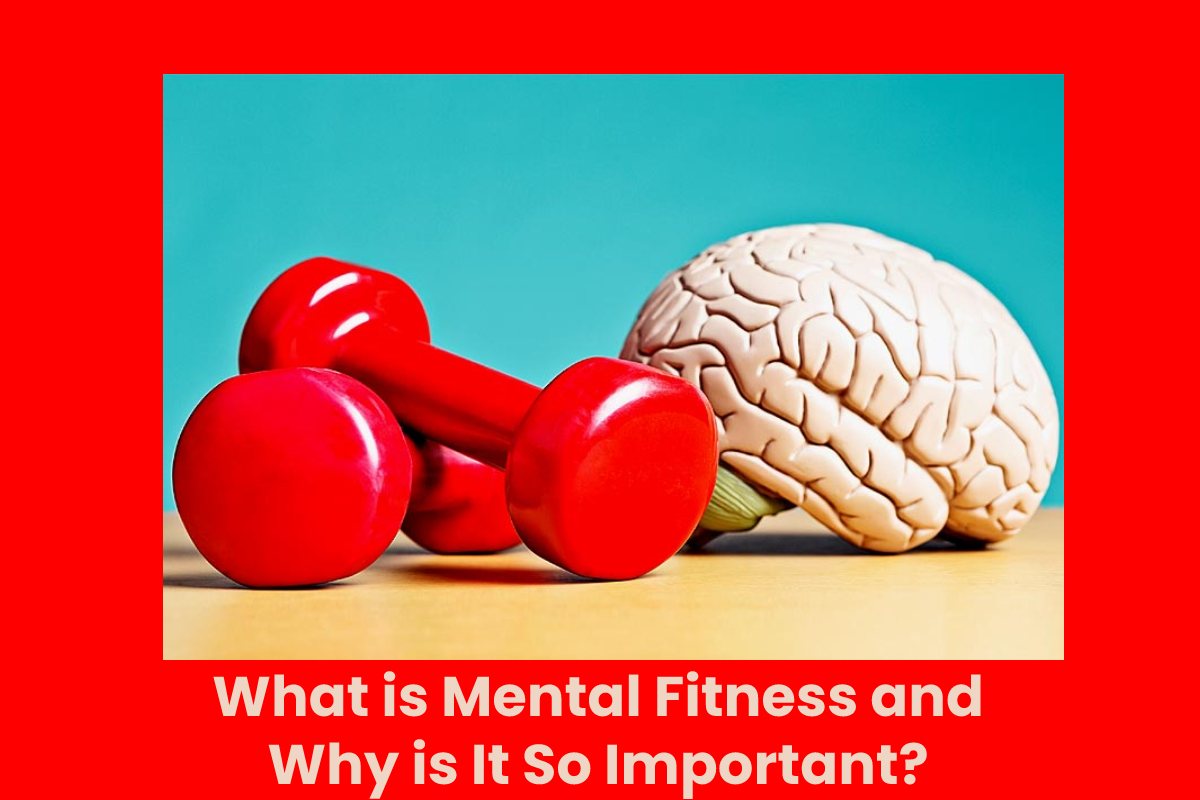
Mental Fitness
Table of Contents
What is Mental Fitness?
Mental fitness is a state of well-being in which you’re able to think clearly, cope with stress effectively, and make good decisions. Of course, being mentally fit doesn’t mean you’re free of mental health problems. But it does mean you have the skills and resilience to handle whatever life throws your way.
There are many ways to determine whether someone is mentally fit. A mental fitness assessment might include questions about your:
- Mental health history: Do you have any mental health diagnoses? This could include depression, anxiety, bipolar disorder, or schizophrenia.
- Symptoms: Do you have any mental health symptoms? This could include feeling sad or down more often than usual, having difficulty concentrating, or engaging in risky behaviors.
- Coping mechanisms: How do you deal with stress and difficult situations? This could include talking to friends or family, exercising, or journaling.
- Stress levels: How well can you usually handle stress? Are there any recent changes to your stress levels?
- Coping skills: Do you have any strategies for dealing with difficult situations? They could include problem-solving skills, relaxation techniques, or time management skills.
Why is Mental Fitness So Important?
But along with the skills and resilience that help you handle life’s challenges, what other benefits does mental fitness have?
Maintaining mental fitness is essential for everyone, but it’s especially crucial as you age. As you get older, you’re more likely to experience mental health problems such as anxiety, depression, and dementia. But keeping your mind healthy and active can help delay the onset of these conditions or make them less severe.
Mental fitness is also important for your physical health. Research has shown that there’s a strong link between mental and physical health. For example, mentally fit people are more likely to live healthier lifestyles, including eating a healthy diet and getting regular exercise. And being physically healthy can improve your mental health.
Keeping your mind fit can also help you stay independent as you age. Mentally fit seniors are less likely to need long-term care than those who are not mentally fit. They’re also more likely to recover from an illness or injury and return to their previous level of functioning.
How to Improve Your Mental Fitness
There are many ways to keep your mind fit. Some methods, like eating a healthy diet and regular exercise, benefit your body and brain. Others, like learning new skills or spending time with loved ones, are only good for your mental health.
Vagus Nerve Stimulation Device
One promising method of maintaining mental fitness is vagus nerve stimulation (VNS). Particularly, using a transcutaneous vagus nerve stimulation device. Learn more at Neuvana today! This device sends electrical impulses to your vagus nerve through your ear with vagus nerve stimulating headphones.
To better understand why VNS can be beneficial for mental fitness, we need to take a closer look at what it is and how it works.
What is the Vagus Nerve?
The vagus nerve is a long nerve that runs from your brainstem to your pelvis. It’s responsible for many vital functions, including heart rate, and digestion, and it even plays a role in your mental health.
Various research has shown that stimulating the vagus nerve can positively affect mental health conditions including anxiety, depression, and post-traumatic stress disorder (PTSD).
Other Ways to Improve Your Mental Fitness
Now you know more about VNS, but what are some other ways to give your mental fitness a boost? Let’s talk about those next.
Learning new skills
You’re giving it a workout when you challenge your mind by learning new skills. This can help improve your mental fitness and delay the onset of mental health problems.
There are many ways to do this and valuable skills for improving your mental health.
Some ideas include:
- Learning a new language
- Taking up a new hobby
- Doing puzzles or brain teasers
- Reading
Spending time with loved ones
Social interaction is also critical for good mental fitness. Spending time with loved ones has the potential to reduce stress, improve mood, and keep your mind active. Be sure to prioritize socialization however you can. It could mean weekly family dinners, joining groups where you can meet new people, or scheduling regular coffee dates with friends.
Exercising
Exercise is not only good for your physical health—but it’s also good for your mental health. Exercise can help reduce stress, improve mood, and increase brain function. The trick is finding something you enjoy doing so you’re more likely to stick with it.
Yoga, walking, biking, swimming, and dancing are all great exercises for mental fitness. And the best part is that you can do them almost anywhere, anytime.
Stress-management
Chronic stress can harm your mental fitness and health. However, when you employ different stress-management techniques (including vagus nerve stimulation) you can help offset the effects of stress.
Here are some other stress-reduction activities to try:
- Meditation
- Yoga
- Progressive muscle relaxation
- Deep breathing exercises
Eating a Healthy Diet
Your diet and your mental health can go hand in hand. Eating a healthy diet can improve mood, cognitive function, and overall mental well-being.
Prioritize a diet with plenty of fruits, vegetables, whole grains, and plenty of lean protein (think turkey or cottage cheese). And limit processed foods, sugary drinks, and excessive amounts of caffeine and alcohol. All of these can harm mental health. Further, make sure you’re drinking enough water. Dehydration can lead to mental fatigue and cognitive problems.
Conclusion
Remember: mental fitness is good for all of us, but it’s especially crucial as you age. There are many ways to boost your mental fitness, including vagus nerve stimulation (VNS), learning new skills, spending time with loved ones, exercising, and eating a healthy diet.



